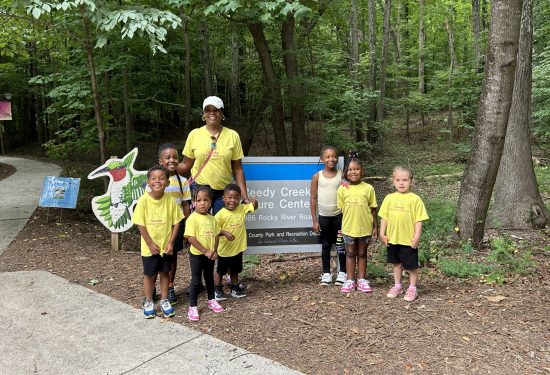Child care in our country is in crisis. Programs are closing their doors at an alarming rate, undercompensated providers are burned out, and families are paying the consequences. For many family child care providers, the changes made by the Child Care Nutrition Enhancement Act will help make the difference that allows them to keep their doors open.
Without quick passage of the Child Care Nutrition Enhancement Act, we will undoubtedly see an increase in young children and even providers themselves going to bed hungry. We will also see more burdens placed on working families. Child care programs are struggling to feed the children during a time when access to quality, affordable child care is already threatened. We can not stand by and allow this to happen. We urge you to cosponsor the Child Care Nutrition Enhancement Act to help accomplish our shared goal of keeping kids fed.




